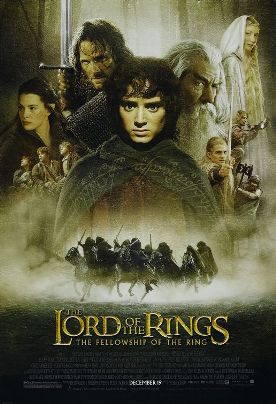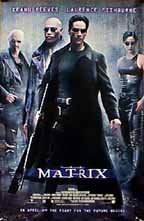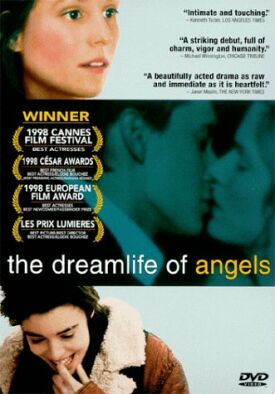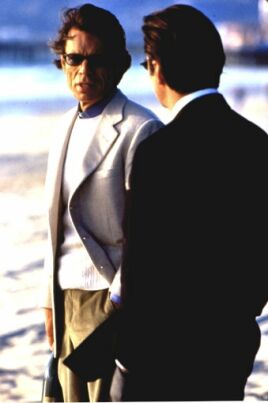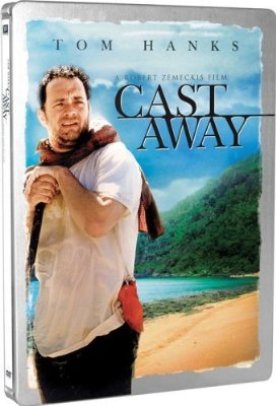Hollow Reed
For just a moment, about half way through, Hollow Reed by Angela Pope
looks as if it is going to face a difficult problem honestly. Talk about
suspense! But just as, when it looks as if the hero of a movie like Con
Air is done for, you know he can’t
be, so here you know in your heart that Ms Pope is going to take the easy way
out. And of course she does—by making the one major character who is a
heterosexual male (Jason Flemyng) into the bad guy and heap all the guilt of the
film’s sticky situation on his head.
To show a grown man with a compulsive streak
( “There’s
a right way and a wrong way of doing
everything,” he says) striking and
injuring a 9 year old child is the cheapest and easiest way in the world of
getting an audience to take sides against him.
The boy is Oliver Wyatt (Sam Bould) whose father, Martyn Wyatt (Martin
Donovan), has come out as a homosexual and divorced his wife,
Oliver’s mother, Hannah (Joely
Richardson). Full of bitterness over the break, Hannah has since taken up with
Frank Donally (Mr Flemyng), a macho type who makes her happy but secretly
torments and beats Oliver when she is not around. Martyn, a doctor, eventually
figures out what is happening to him, but has a hard time persuading his
embittered ex-wife that her new fancy man is a child abuser. So he sues for
custody of the child, thereby endangering his relationship with his own lover,
Tom Dixon (Ian Hart), whom he asks to move out of his flat in order to increase
his chances of getting custody.
It is an interesting situation and one which, as I say, almost makes a
serious point—when, that is, it presents the situations of the two parents as
mirror images of each other. “I want
you both,” says Martyn to Tom.
“I’m
afraid I will louse it up and lose you
both.” But of course this could
equally well be said by Hannah to Frank, and in fact she does louse it up
and lose them both. Shortly after this, we see Martyn shouting at a terrified
little Ollie about their upcoming hearing in the custody battle:
“You’ve
got to tell them it’s
Frank!” For just a moment we see in
the child’s fear the parallels between
Frank and Martyn.
It doesn’t last. For Ms Pope is not
interested in the way in which both parents try to delude themselves, as so many
parents do these days, that what they want is also
what’s best for their child, and that
their sexual gratification can be obtained without damage to their child.
Martyn’s breaking up his marriage in
order to pursue his pleasures with the comely, gamine-like Bob Dylan fan, Tom,
is in many ways as damaging to poor Oliver as his
mother’s shacking up with a sadist.
But Ms Pope focuses on only one side of this equation. The homosexual Daddy is
wholly admirable, the violent fancy-man, Frank, wholly despicable and the
mommy-in-the-middle a well-intentioned weakling who, we must hope, will finally
grow a backbone and kick the bastard out.
The basic premiss of the film, to present the
child’s safety from heterosexual male
violence as depending on dad and dad’s
boyfriend, depends partly on the stereotyping of gays as wimps. At one point, we
are forced to watch, along with an appalled Hannah, a wiry but not particularly
imposing Frank beating the stuffing out of the hulking but unresisting Martyn in
front of his son. Of course it is a good tactic at that moment for Martyn to
present himself as another victim of
Frank’s violent tendencies, but we
should be careful about giving him quite so much credit for subtlety when the
whole tendency of the film is to sell us on the well-worn feminist belief that
violence is a kind of disease which strikes only heterosexual males, and may,
indeed, be endemic in their condition as
such— “sex gone
bad,” as a naïve Freudian once
put it.
So, if you are a heterosexual male—or if you think more highly of the kind
than Ms Pope does—there does not seem to be much reason for you to go see this
movie.
Discover more from James Bowman
Subscribe to get the latest posts to your email.


